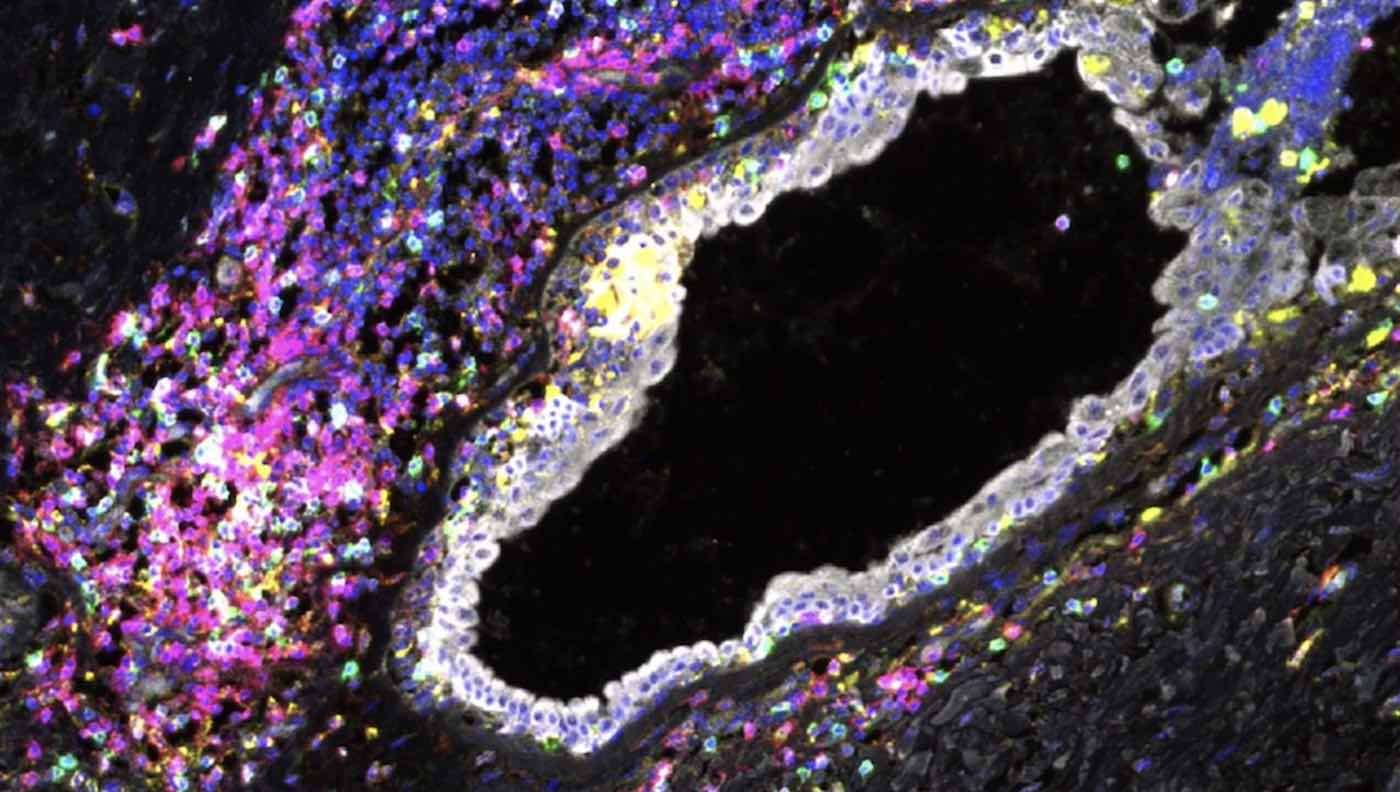Kombucha Can Mimic the Effects of Fasting in the Body, According to a Study
Most people will probably think of fasting as a religious penance or a political act of protest, but fasting is actually a key repair process

When certain immune cells in healthy women become 'exhausted', they could become a target for a new preventative breast cancer treatment.
Cambridge University researchers have discovered the new pathway, which involves targeting mutations in BRCA1 and BRCA2 genes.
Everyone has BRCA1 and BRCA2 genes, but mutations in these genes, which can be inherited, increase the risk of breast and ovarian cancer.
The new study found that the immune cells in breast tissue of the healthy women carrying BRCA1 or BRCA2 gene mutations show signs of a malfunction known as 'exhaustion'.
The 'exhausted' immune cells can't clear out damaged breast cells, which may eventually develop into breast cancer.
"Drugs already exist that can overcome this block in immune cell function, but so far, they've only been approved for late-stage disease," said Professor Walid Khaled at the University of Cambridge's Department of Pharmacology.
No one has considered using those drugs in a preventative way before-and although breast removal surgery is offered for women at high-risk for the cancer, a non-invasive course of prevention might be much preferred.
"We can identify these early changes and intervene," he added.
Using samples of healthy breast tissue collected from 55 women across a range of ages, the researchers in England catalogued over 800,000 cells, including all the different types of breast cell. The resulting Human Breast Cell Atlas is now available as a resource for other researchers to use and add to.
"As we collect more of this type of information from samples around the world, we can learn more about how breast cancer develops and the impact of different risk factors-with the aim of improving treatment," said Austin Reed, a PhD student in the University of Cambridge's Department of Pharmacology and joint first author of the report.
One of the biggest challenges in treating breast cancer is that it is not just one disease, but many. Many different genetic variations can lead to breast cancer, and genetic risk interacts with other risk factors in complicated ways.
The new study aimed to understand how some of these risk factors interact, by characterizing the different cell types in the human breast under many different physiological states.
The researchers used a technique called 'single cell RNA-sequencing' to characterize the many different breast cell types and states. Almost all cells in the body have the same set of genes, but only a subset of these are switched on in each cell-and these determine the cell's identity and function. Single cell RNA-sequencing reveals which genes are switched on in individual cells.
"Prevention is the most cost-effective approach…(it) also improves disease outcome," said Dr Sara Pensa, Senior Research Associate in the University of Cambridge's Department of Pharmacology and joint first author of the study.
The research, published this week in the journal Nature Genetics, was primarily funded by the Medical Research Council and Cancer Research UK.
Be the first to comment